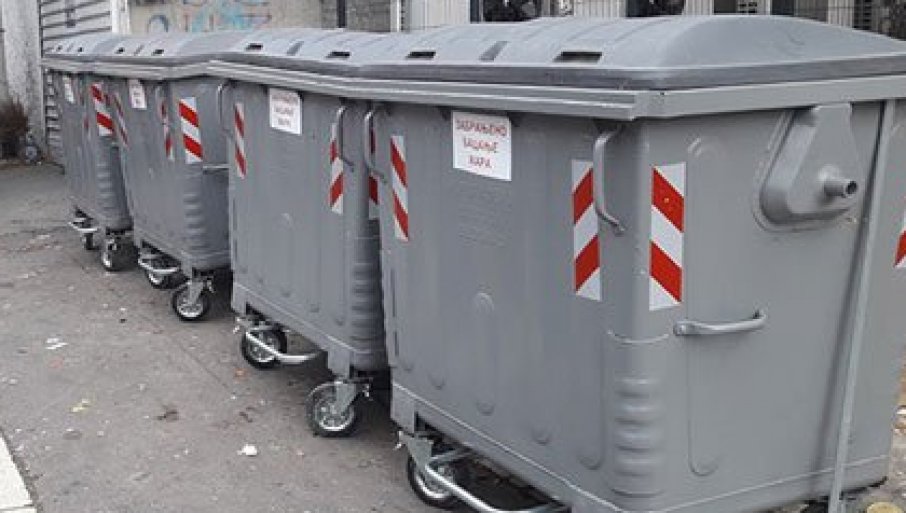Last month in Serbia, a significant number of pigs have been destroyed due to the outbreak of African swine fever that leads to a smaller supply of pork meat, causing a notable increase in the price of this type of meat. The prices of lamb meat are also growing due to the outbreak of the blue tongue disease. The owner of a pig farm in Laćarka near Sremska Mitrovica, Bora Šuljmanac, stated that the demand for pork meat has resulted in a shortage of piglets in the market. As a result, the price of piglets has been increasing by 100 dinars each day, reaching as high as 1,000 dinars per kilogram. The realistic price of piglets is around 550 dinars per kilogram on larger farms. Owners of smaller farms are taking advantage of the situation to raise the price.
Due to the African swine fever, around 55,000 pigs have been euthanized, which may lead to a shortage of pork meat and subsequently an increase in its price. Additionally, the blue tongue disease has led to a similar situation with sheep. Nebojša Kendrišić, a veterinarian and farm owner in Šid, explained that there is no vaccine or treatment for the African swine fever. Affected pigs are euthanized to prevent spread, resulting in a shortage of meat. Similarly, the blue tongue disease has the potential to lead to a shortage of lamb meat if it affects the local sheep population in the future.
According to the report from the Market Information System of Serbia (STIPS) last month, piglets weighing up to 15 kilograms were available in only five livestock markets throughout the country, and the supply and sales of fatteners were also insufficient. The average price for pigs weighing up to 120 kilograms was around 320 dinars per kilogram, while in large retail chains, the price of certain categories of pork meat was not lower than 600 dinars per kilogram. For instance, the prices of pork meat ranged from 650 to 750 dinars per kilogram for pork loin with bones, and from 790 to 900 dinars per kilogram for boneless pork rind.
In conclusion, the prices of pork and lamb meat are expected to continue increasing due to the shortage of livestock caused by the African swine fever and the blue tongue disease. This situation has led to a significant impact on the market, resulting in higher prices and a lack of supply. If the situation persists, consumers may have to deal with even higher prices in the months to come.






